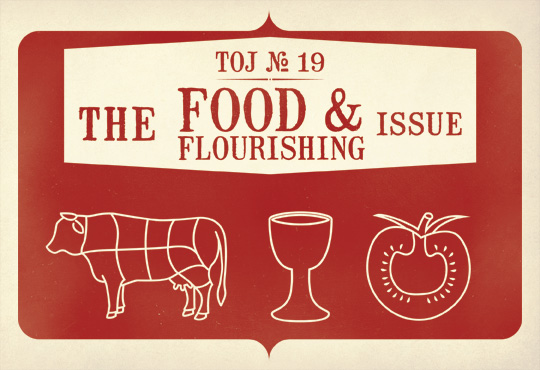Sexuality, Dialogue, and the Church: An Interview with James Alison
In this interview, James Alison speaks with us about his work on the issue of sexuality and how he attempts to create a dialogical space around this topic in his Catholic context.

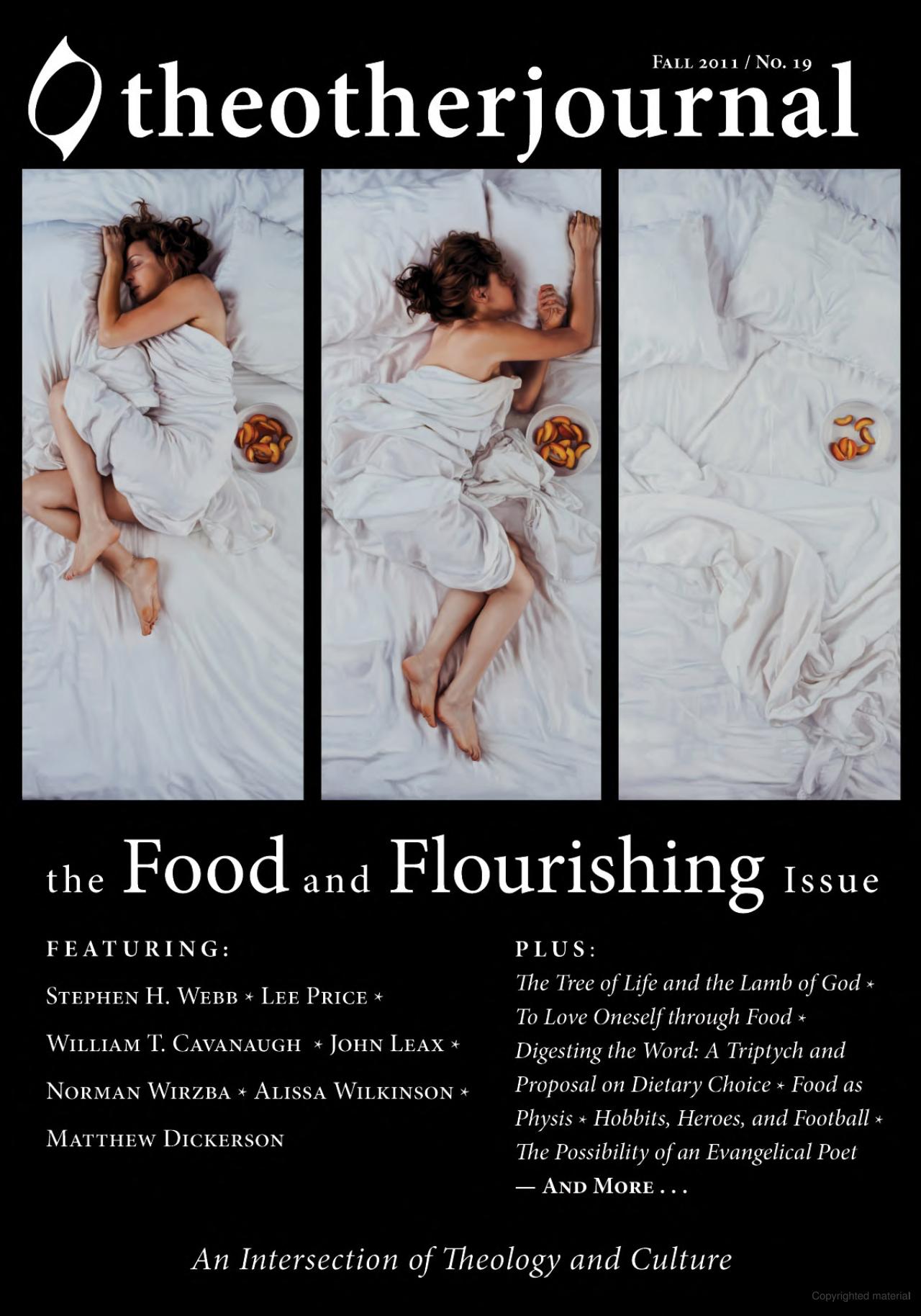
In this interview, James Alison speaks with us about his work on the issue of sexuality and how he attempts to create a dialogical space around this topic in his Catholic context.

Amy Scheer writes about love and legalism in a Michigan homeless shelter.

In this essay, Villegas suggests that through worship we are invited to let the Holy Spirit form us into an assemblage of priests, subverting hierarchies of power and always making space for new people to express the good news in our lives.

Breaking up is hard to do. John Totten addresses music as a method for regulating distressing emotions in the context of broken attachments, specifically regarding his own “relationship” with the music of classic rock genre benders Steely Dan.
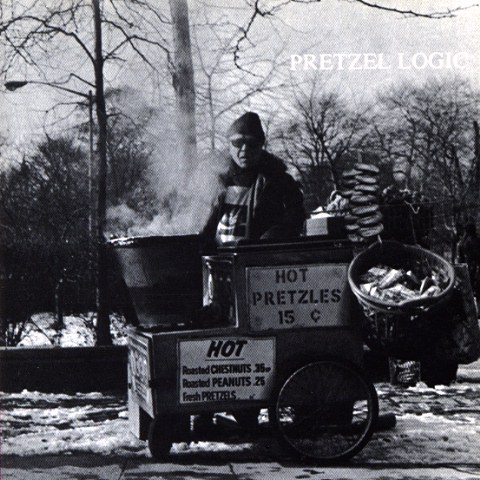
Jo-Ann Badley and Stephanie Neill propose that the current interest in food in North American culture redresses cultural patterns of detachment in ways consonant with New Testament practices of communion, calling us to gratitude and recognition of the relational character of human living.
After an earnest fifteen-year abstention from meat, Alissa Herbaly Coons finds solace in the stockpot, coming to terms with her place in the food chain and the glory to be found in the breaking not only of bread, but of bones as well.
Elizabeth Antus argues that an engagement with the work of best-selling author Geneen Roth enables Christians, especially women, to articulate resistance to the body-hating cycle of dieting and bingeing so prominent in US culture.
In “The Catch,” Long offers the image of a fisherwoman, carrying the “stunned pewter” of her catch, to market. In “Esau’s Portion,” we are brought to the hospital cafeteria and the funeral potluck, where Long hungers for the memory of one lost: “what I lack is the thanks you made me take in, bowed down, at the end of any given day.”
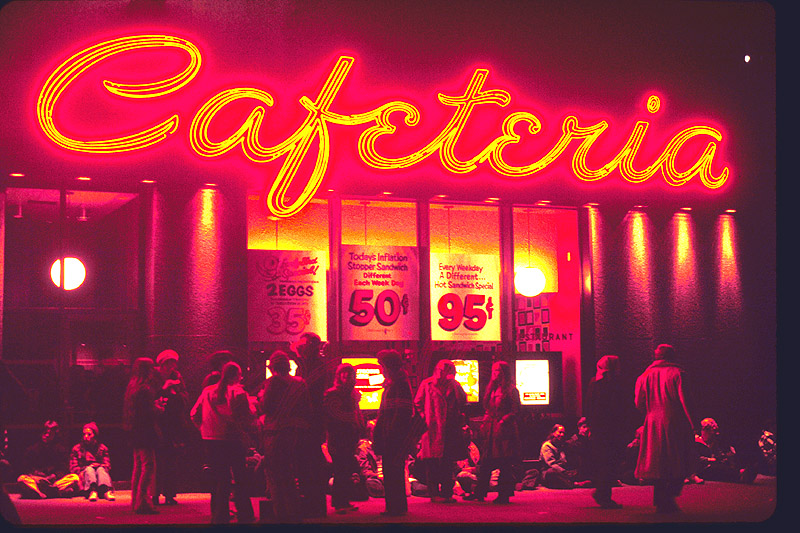
The stories we tell about ourselves and our faith are important, says Chelle Stearns, and in this essay she looks at how our athletic culture informs those stories. Taking her cue from J. R. R. Tolkien’s Lord of the Rings, Stearns searches for a middle ground in our faith and Christology between the heroism of warriors and the heroism of healers.
Writer Jeanne Murray Walker offers a mediation on leaving church and finding fellowship and peace at Produce Junction.
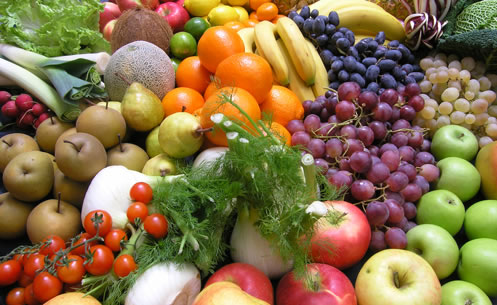
The tale of “The Emperor’s New Clothes” turns on the question of how to see the emperor: is he clothed in garments befitting someone of his noble station, or is he parading in nothing more than his birthday suit, exposed as vain and conceited? Likewise, Peter Leithart’s Defending Constantine turns on the question of how […]
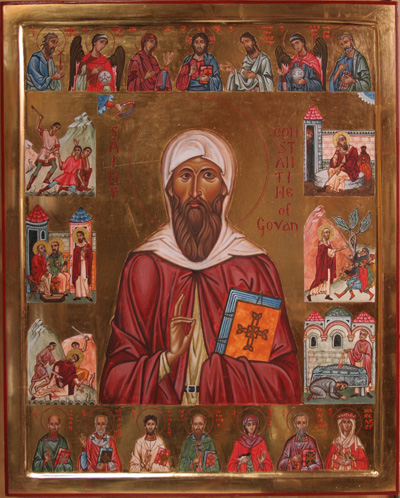
In “Trees,” Jesus’ condemnation reenacts itself under a cherry tree, the red fruit hanging in “fistfuls” on a monastery hill.
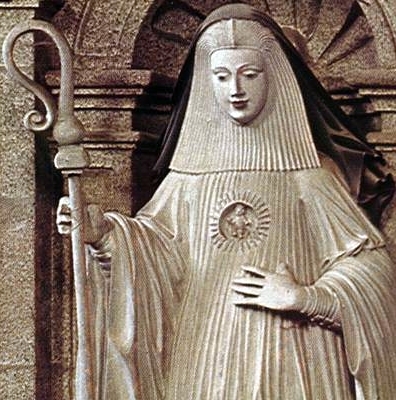
If, as the editors of The Other Journal write, “there is a growing cultural concern that we are abstracted from our food’s source and forgetful of its meaning,” then attending to our words is indispensible for diagnosing the nature of our abstraction and forgetfulness, as well as for keeping vigil against it.[1] In so attending, there […]
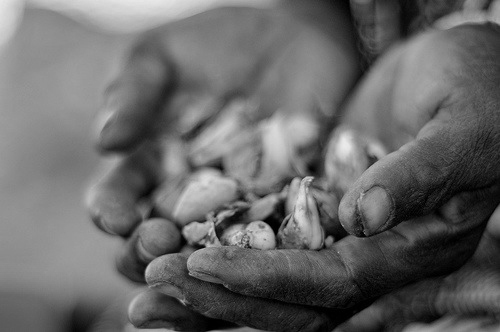
Lee Price is a figurative painter from New York. She has been painting women and food for over twenty years and continues to address the intersections of food with body image, addiction, and unabating desire. In this interview Price shares her trajectory as a painter, her personal struggles with food, and the ongoing battle of […]

In the poem, MEH considers the draws of appetite and desire, for both food and God, as “sometimes sweet, often bitter…(a) blind rage which pursues us through the day…”

Editor’s Note: If you missed Part One of Ryan Harper’s article, click here. Louise Glück’s call for poets to embrace open-endedness are not new. She writes in the spirit of the great American poets of contingency—Walt Whitman, Charles Olson, and A. R. Ammons, to name a few. Although this tradition resonates with me, historically it […]
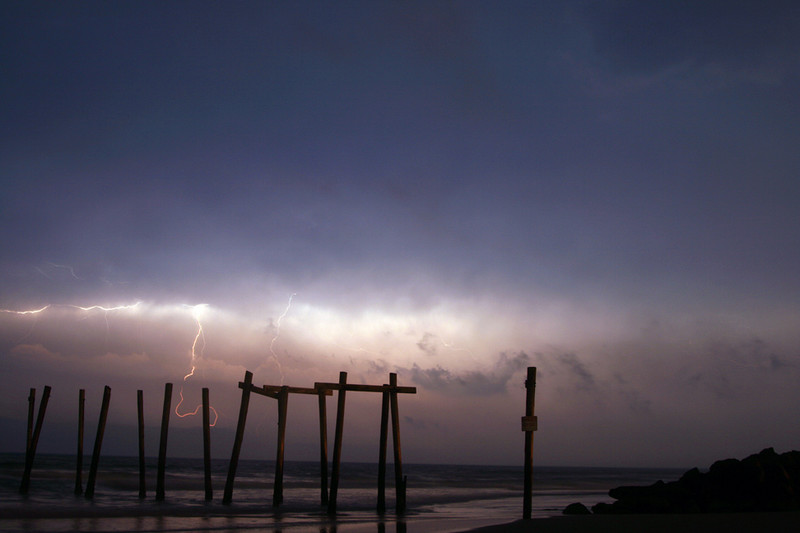
Ryan Harper muses on whether evangelicalism as we know it is hospitable to the poetic discipline.
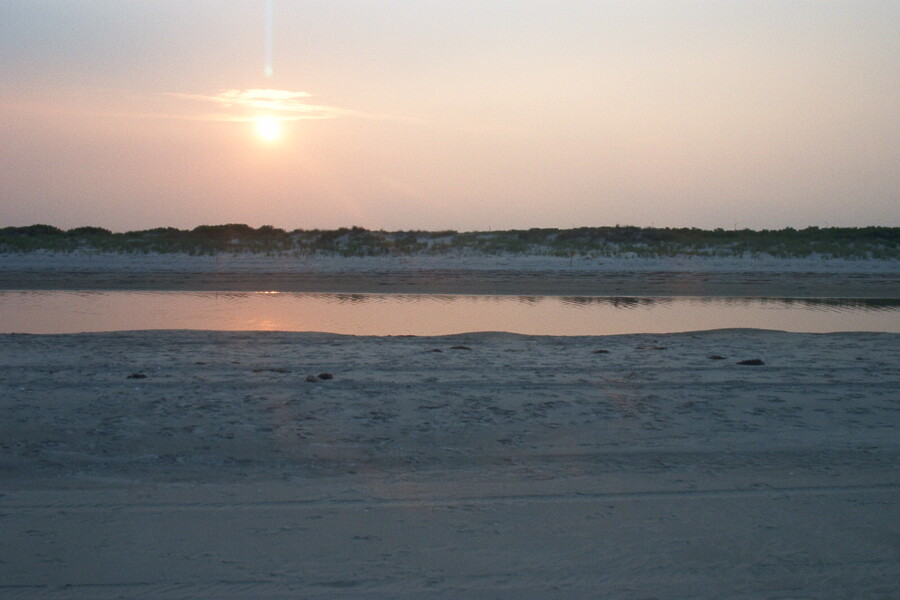
William Cavanaugh responds to Stephen Webb’s critique.
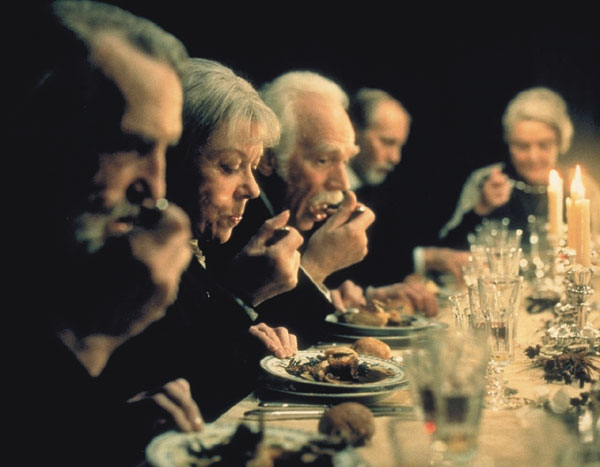
God will make man see things, if it is only against the black background of nonentity. God will make Job see a startling universe if He can only do it by making Job see an idiotic universe. To startle man God becomes for an instant a blasphemer; one might almost say that God becomes for […]
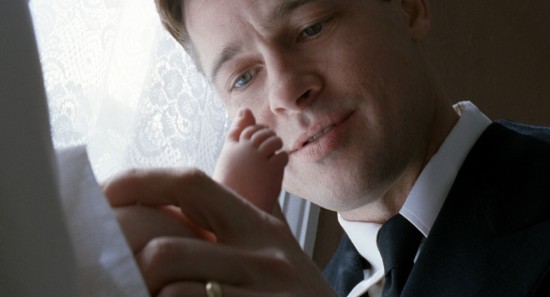
Katherine Lo examines the “spoiled feast” in her fridge, and considers the contrast between waste and loneliness.
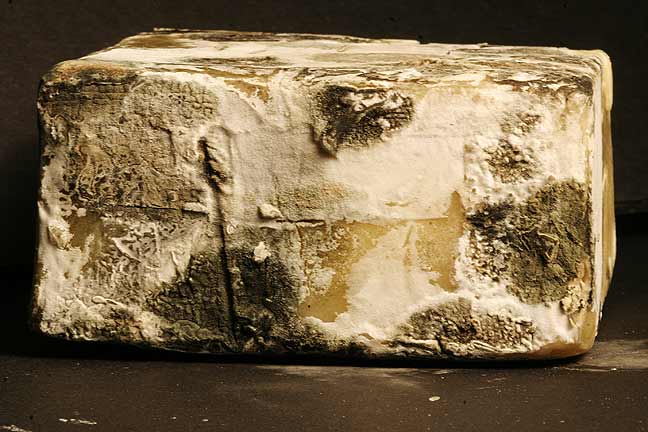
Stephen Webb on why food is simply fuel, and nothing more.
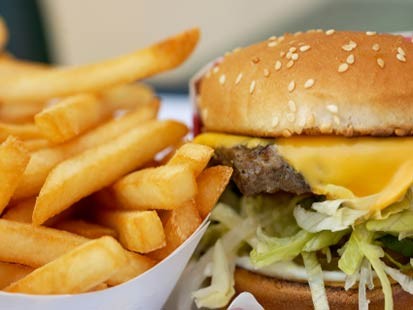
In one of the most astonishing passages in the book of Genesis, in the book’s second creation narrative, the Lord God is depicted as a gardener, out for a leisurely evening stroll in the garden he has just made, clearly pleased with his creation. In fact, there is almost a sense in the text that […]

Among the slogans of the recent food movement is the admonition, “Know Your Farmer, Know Your Food.” This slogan makes a surprising assumption: that the eaters being addressed don’t know what their food is. You can imagine this shift in consciousness and may have undergone it yourself—while considering your Hostess cupcake or energy drink, you […]
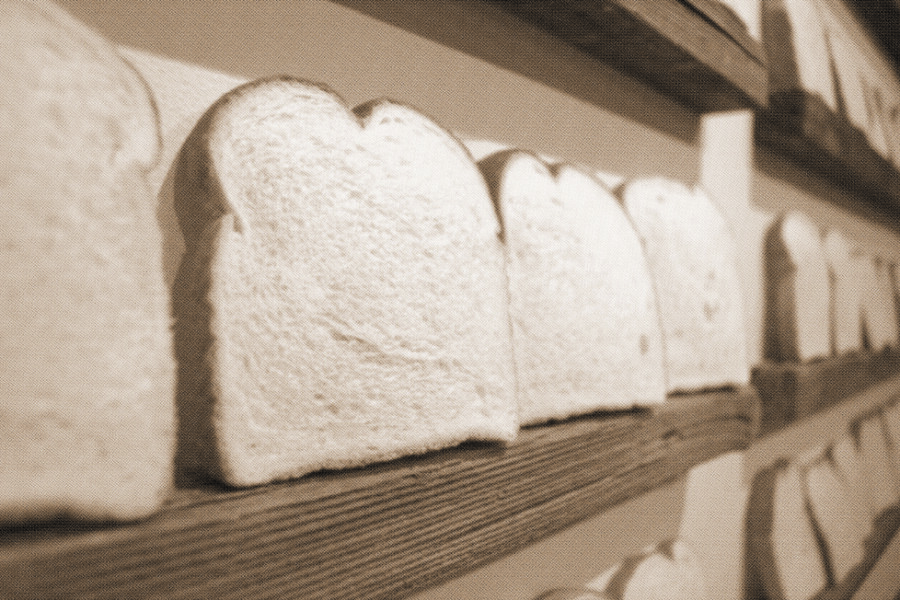
Author Matthew Dickerson explores the use of food in the writings of J.R.R. Tolkien, and why food is the defining feature of the Hobbits’ culture.
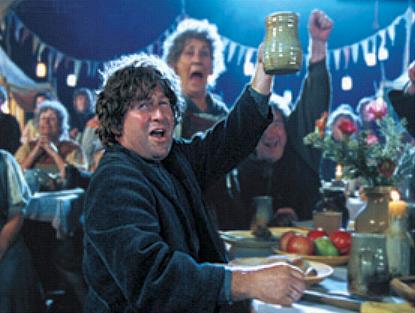
Editor’s note: This is the first in a series of three reviews on Terrence Malick’s latest film. In reviewing any new work, particularly one from someone as storied and reclusive as director Terrence Malick, upon whose oeuvre critics tend to either lavish praise or shower derision, one has to gauge the newest constellation against the […]
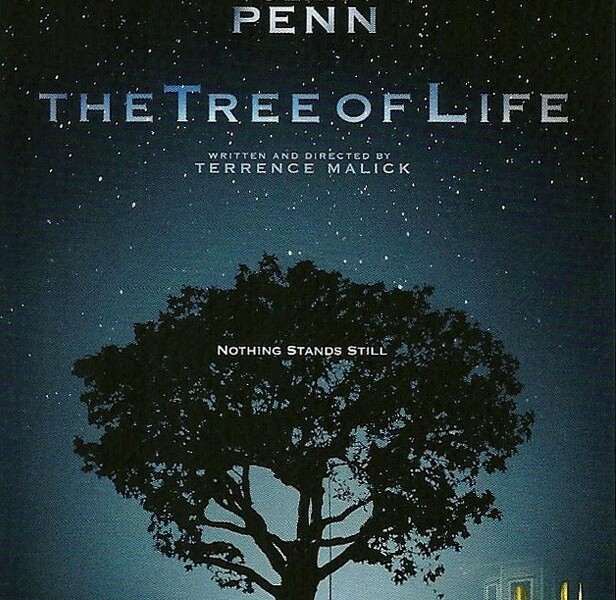
Writer Alissa Wilkinson reflects on the brunching habits she learned from living in New York City, and the sacredness of eating together.
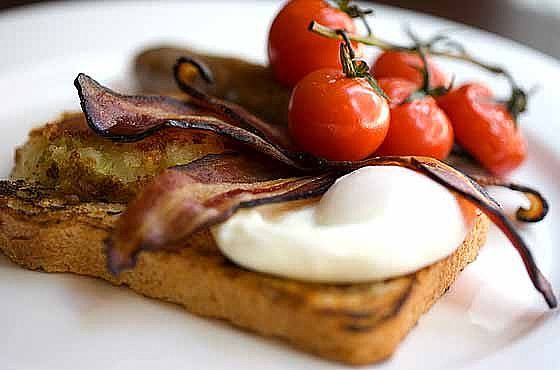
David Williams reflects on the sources of our Western metaphysics and how they influence our theologies of the Eucharist.
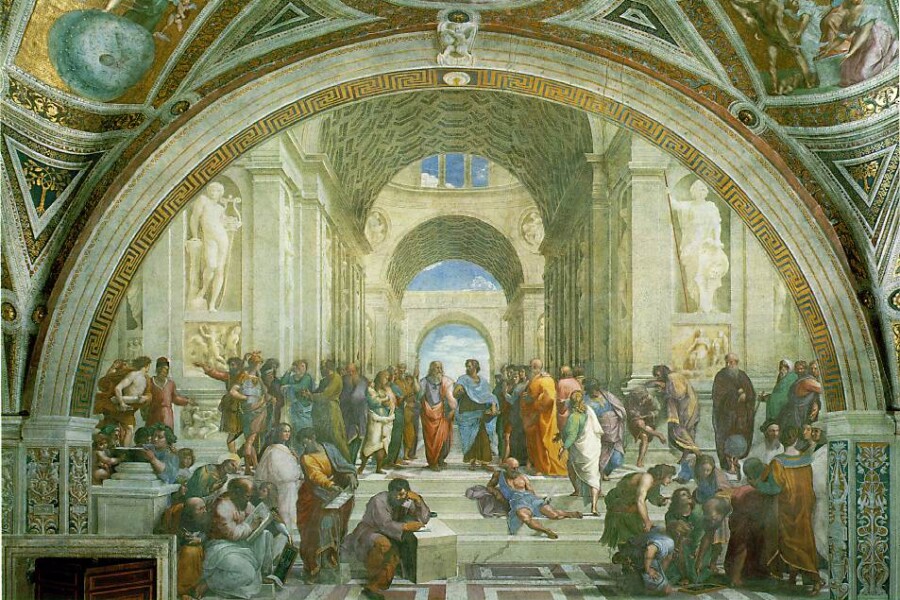
Matt Morin reflects on Augustine what MMA requires of its participants.
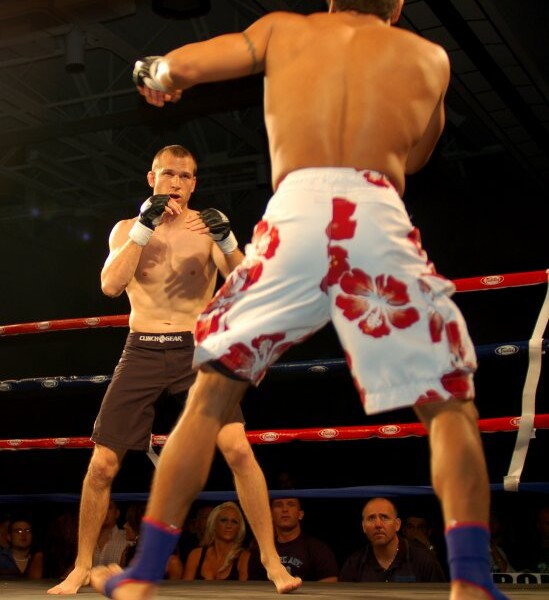
A Review of Stuart Murray’s The Naked Anabaptist by Maxwell Kennel.
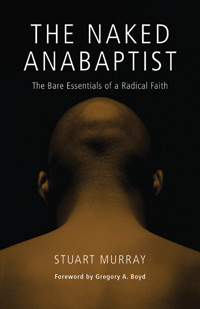
Editor’s Note: In 2010, The Other Journal published The Spirit of Food: Thirty-Four Writers on Feasting and Fasting Toward God, a collection of essays and recipes that colorfully depict how our acts of eating echo the community of the church and the sacrament of communion. One of these essays, “The Church Potluck,” which we have chosen […]
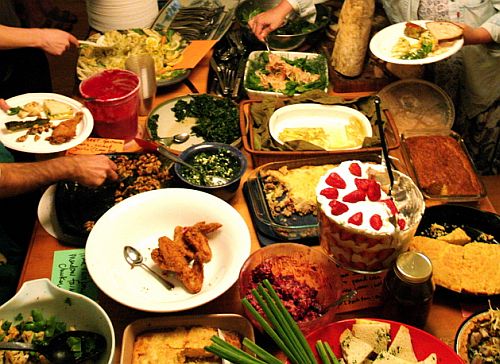
Chef John Perkins discusses food and theology while preparing a meal for his guests at Entre, his underground restaurant. Filmed by Tangent Mind.
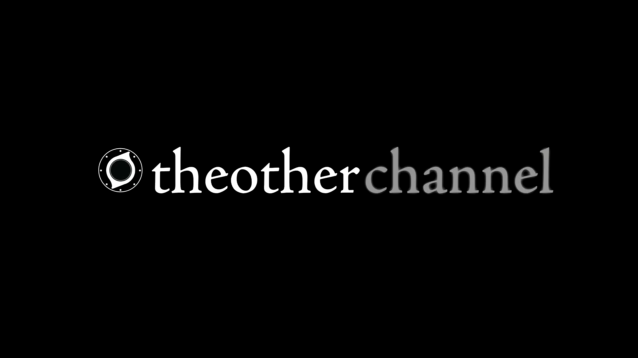
According to the Gospel of John, when Jesus first appears after his resurrection he is mistaken for a gardener. He comes to Mary Magdalene, who is weeping at the empty tomb, and she asks him what has been done with Jesus’s body. But perhaps this case of mistaken identity tells us something about the character […]
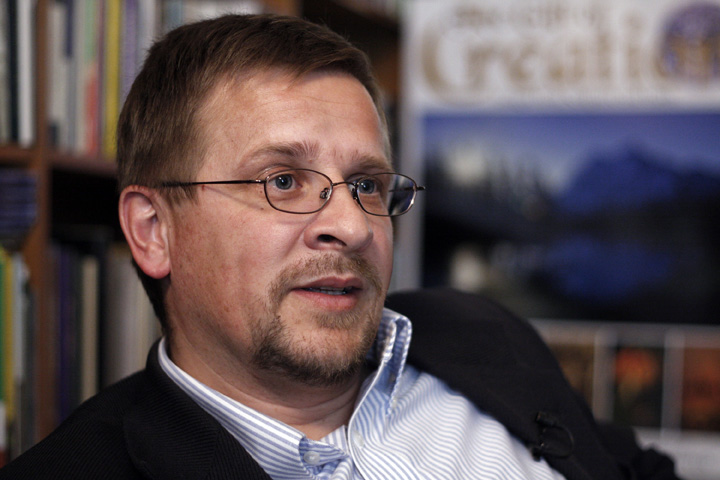
This essay reflects upon the fascinating painting by Velázquez Christ in the House of Martha and Mary, discusses the current Roman Catholic rules of abstinence, and considers the curious fact that these are less rigorous than those adopted by vegetarians and many others in secular society.
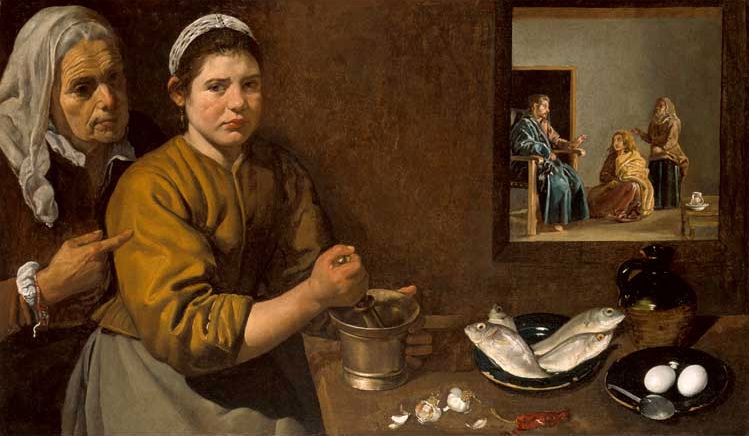
When we come to the communion table, we participate in the literal and symbolic culmination of our worship and our lives as Christians. It is an occasion of remembrance and reflection and mystery that both brings us a foretaste of our future communion with God and brings us together as a people. It was at […]
